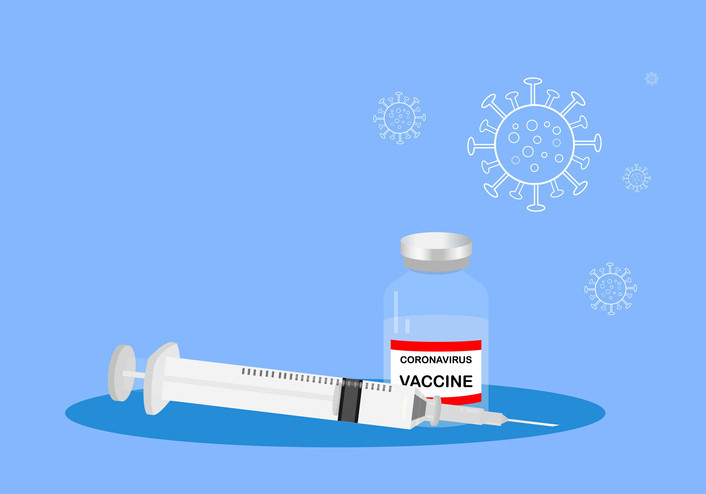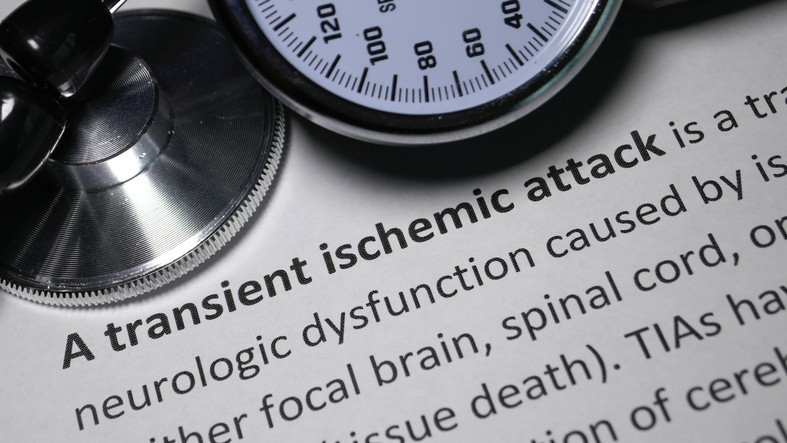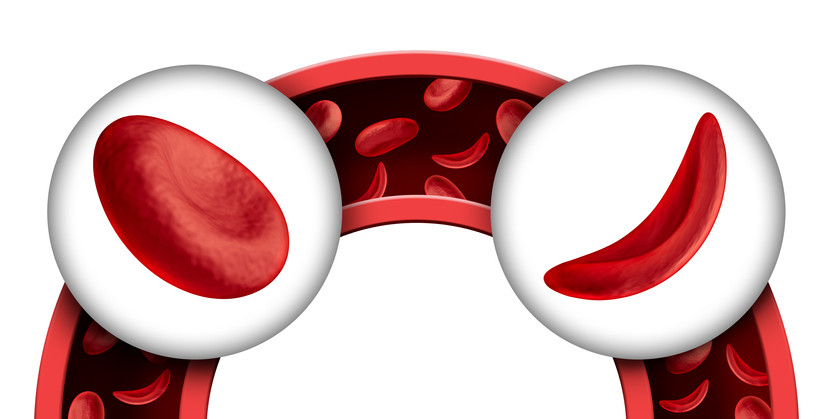
Salmonella is sneaky: Watch out

Two jobs may lower the odds of dying from Alzheimer's disease — but why?

Mastitis: What to do when your breasts are painfully inflamed

How — and why — to fit more fiber and fermented food into your meals

UTI in older women: Why postmenopausal women are susceptible to urinary tract infection, and what to do about it

Can a routine vaccine prevent dementia?

Some adults may need a measles booster shot. Who should get one and why?

Less butter, more plant oils, longer life?

Healthier planet, healthier people

Counting steps is good — is combining steps and heart rate better?
Harvard Health Blog
Read posts from experts at Harvard Health Publishing covering a variety of health topics and perspectives on medical news.
Articles
Need physical therapy? 3 key questions your PT will ask
COVID-19 vaccines: Safe and effective for American Indian and Alaskan Native communities
Should we track all breakthrough cases of COVID-19?
Despite the effectiveness of the COVID-19 vaccines, a small number of people develop cases even after being fully vaccinated. Most of these "breakthrough" cases are mild or moderate, and the CDC has decided to track only the ones that require hospitalization, which has disadvantages.
Period equity: What it is and why it matters
Menstruation is a basic fact of human existence, yet millions of people in the US struggle to afford –– or can't afford –– products like tampons and pads, a problem known as period poverty. Menstrual hygiene products are necessities, not luxuries, and period equity addresses this.
Common questions about medical cannabis
Mouth-watering summer fruits and vegetables to fill your plate
Pregnancy problems may predict heart health decades later
The pandemic isn't over — particularly for people with disabilities
Sleep to solve a problem
Sickle cell disease: Ways to help teens and parents
Harvard Health Ad Watch: Aches, pains, and muscle cramps — do well-advertised remedies actually work?
Several heavily-advertised products that are applied to the skin claim to relieve muscle or joint pain, but are not regulated by the FDA, and none of them offers any solid scientific evidence to back up their claims. So are they worth trying?
Resistance bands: 3 great ways to build upper body strength
Resistance bands don't look impressive, but they work muscles in different ways than other pieces of strength-building equipment. The bands offer varying levels of resistance, can be used to strengthen a variety of muscle groups, and may be easier to use for some people.
American Heart Association issues statement on cardiovascular side effects from hormonal therapy for prostate cancer
More movement, better memory
Improving access to hearing aids
Can mindfulness change your brain?
Five lifestyle factors that can help prevent gastroesophageal reflux disease
Transient ischemic attacks: Varied symptoms, all important
5 inflammation-fighting food swaps
Inflammation can be a beneficial sign that the body's immune system is fighting an infection, but it can also linger over time, damaging the body. There is evidence that eating a diet heavy in foods that promote inflammation can increase the risk for certain health problems, and also that a healthy diet can reduce inflammation.
Is IBD an underrecognized health problem in minority groups?
Inflammatory bowel disease (IBD) is a treatable condition once considered a disease that largely affects people who are white, although in recent years it has been diagnosed more often in other racial and ethnic groups, in the US and around the world. Recognizing this condition early can make a difference in care and quality of life.
Sickle cell disease in newborns and children: What families should know and do
Millions of people around the world have sickle cell disease, a genetic condition that can cause pain and damage to organs or tissues, and can make children more susceptible to other health problems. In the US, most cases are diagnosed through screening in newborns. Getting connected to the proper care early in a child's life can help prevent complications from the disease.
COVID-19 vaccines for children and teens: What we do — and don't — know
Every day, more and more adults are getting vaccinated against COVID-19, helping us build toward herd immunity. But what about children and teens? What is the status of research on the vaccines in these groups, and when might vaccines be available for them?
Happy trails: Take a hike, now
After too much time spent indoors (and probably less active than is healthy), getting outside and taking a hike is a great way to get some exercise while enjoying nature. But before you hit the trail, make sure you're well prepared.
Sleep well — and reduce your risk of dementia and death
Although it has been known for some time that individuals with dementia frequently have poor, fragmented sleep, two new studies suggest that if you don't get enough sleep in midlife, you are at increased risk for dementia later in life.

Salmonella is sneaky: Watch out

Two jobs may lower the odds of dying from Alzheimer's disease — but why?

Mastitis: What to do when your breasts are painfully inflamed

How — and why — to fit more fiber and fermented food into your meals

UTI in older women: Why postmenopausal women are susceptible to urinary tract infection, and what to do about it

Can a routine vaccine prevent dementia?

Some adults may need a measles booster shot. Who should get one and why?

Less butter, more plant oils, longer life?

Healthier planet, healthier people

Counting steps is good — is combining steps and heart rate better?
Free Healthbeat Signup
Get the latest in health news delivered to your inbox!
Sign Up

























